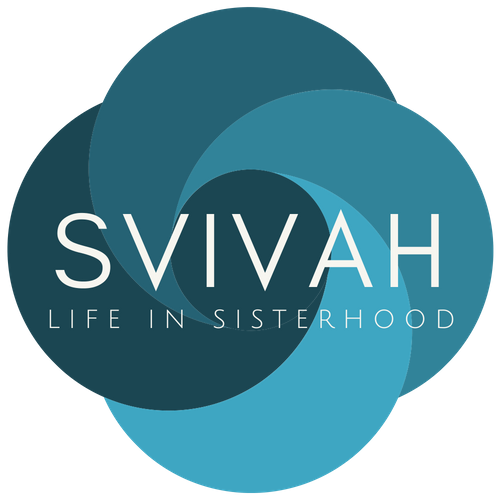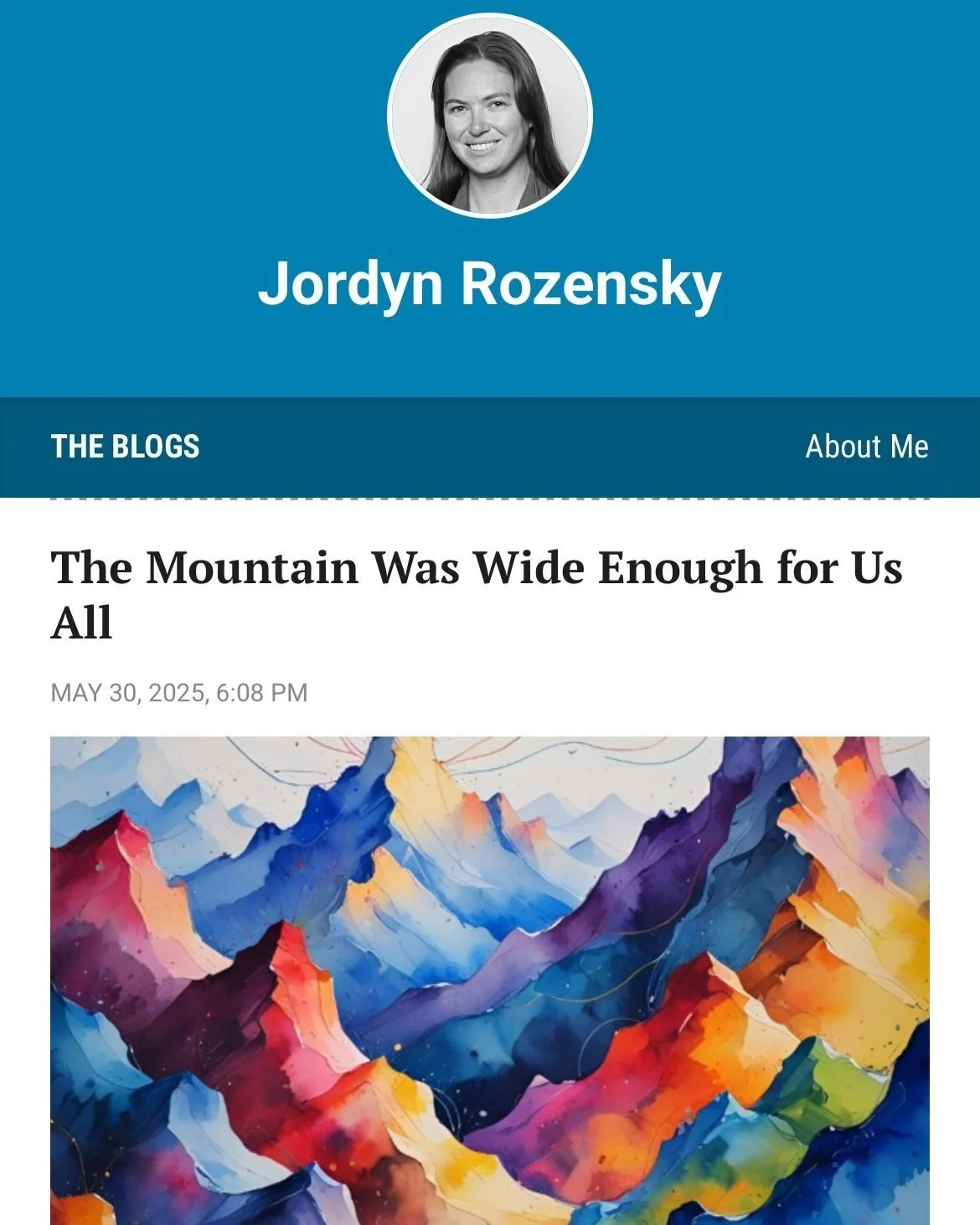Shavuot is the holiday of receiving Torah—together and in our own way.
Whether you’re learning late into the night or taking a quiet moment during the day, we’ve gathered resources to help you bring this sacred time into your own home. Here, you’ll find texts, teachings, and reflections shared by SVIVAH’s community. We invite you to learn in the ways that feel right to you. Join us virtually, or sit with a friend. Bring these resources to people you learn with, or let them spark something new. However you may be walking into Shavuot this year, know that you are with us.
We are so grateful to have you here. Keep an eye on this space, we will be adding more resources throughout the week!
A Guided Learning Source Sheet from Rabbanit Aliza Sperling
Shavuot commemorates the Divine revelation on Mount Sinai. In this guided learning, explore different perspectives on what this experience looked and felt like. What did it mean to experience revelation back then, and what are the implications for our experiences of Torah and Jewish community now?
This learning is here to open up conversation: the kind that lets you feel connected, grounded, and maybe even a little more known. Use the source sheet or the Conversation Starters together or on their own. Share them around your table, sit with them on your own, or start a discussion over a shared slice of cheesecake.
Shavuot is the holiday that invites us to show up with curiosity, openness, and being ready to receive.
This year, it begins on the evening of Sunday, June 1, and continues through Tuesday, June 3. Shavuot celebrates our receiving the Torah at Sinai, and all moments of learning and connection. At SVIVAH, we believe that each one of us holds precious and unique Torah. It’s why we need your voice in the room – you have so much to teach us. This Shavuot and always – come learn with us. Come, bring your Torah. We have so much to learn from you.
with Shira Schiowitz, Dr. Susie Tanchel, Naomi Oxman MSW LICSW, Elizabeth Mandel, Dr. Devorah Walder, D. Ac.
with Rabbi Sarah Mulhern, Rav Avigayil Halpern, Hadar Schwartz, PhD
with Rabbi Dr. Erin Leib Smokler, Rebbetzin Aliza Bulow, Rozeeta Mavashev, and Rabbi Shuli Passow
with Dr. Tammy Jacobowitz
Omer Reflections with Naama Sadan
As we journeyed from Passover to Shavuot, we moved through the seven weeks of the Omer: days of intention, reflection, and preparation for receiving Torah on Shavuot.
Each Monday, Naama Sadan guided us, drawing inspiration from the colors of the Sefirot, the spiritual qualities we explore during the Omer, such as lovingkindness, strength, balance, and more. Each week offered its own emotional and spiritual focus, expressed through color and intention. These teachings created space for introspection, grounding, and growth as we prepared ourselves to receive Torah. We’re grateful to share those reflections with you here. Whether you followed along in real time or are just discovering them now, we hope these teachings continue to offer beauty and meaning as you prepare to receive Torah in your own way.
From Our Teachers…
“What is some Torah about Shavuot that is resonating for you this year?”
-
Ma Nishma Rabbi Abby Sosland reflects on a midrash that imagines the Israelites as physically “perfect” at Sinai—healed of all impairments in order to receive Torah. But she challenges that idea, suggesting a more expansive vision: true revelation embraces all bodies, all abilities, and all ways of experiencing the world. Instead of striving for sameness, she invites us to build communities where every kind of person belongs.
-
Deep Parallels, Contrasts and Lessons: Ruth in the Context of Judges 17-21 ”When we contrast the Book of Ruth to the final chapters of the Book of Judges (Shoftim), we see the Torah’s teaching that being a righteous and moral person on the inside is what ushers in a society deserving of redemption and kingship. With all the trauma in the world right now, I find it immensely comforting to know the Torah cares about internal righteousness and morality and believes it has the ability to transform society for the better.”
-
How Do We Celebrate Our Anniversary? Rabbi Aviva Richman asks why the celebration of Shavuot is so different from that of Simhat Torah.
-
Reading Ezra in an Age of Mass Deportations The Book of Ezra recounts how national identity was rebuilt through the exclusion of foreigners, leading to the forced expulsion of fully integrated non-citizens. Rabbi Sarah Bassin raises urgent questions about how communities define belonging —and what lessons it holds for our own time.
-
The Torah of Belonging ”The Torah of Belonging is essential to the celebration of Shavuot. The text names that EVERYONE was there to receive revelation in the tongue in which they could hear it. Everyone - including the Ger/Other/Stranger among us. That teaching is an urgent invitation for this moment to truly embody welcoming and belonging.”
-
-
-
-
-
-
“From the very beginning of our tradition, we were woven together by threads of Torah that didn’t match. That’s not a flaw in our story; that’s its brilliance. Midrash teaches that although we stood shoulder to shoulder at Sinai, each of us received something meant just for us. The difference was never a problem to solve. It was the foundation we stood on…”
Torah isn’t just text. It’s the wisdom we carry.
It’s our joy, our grief, our lived experience — all of it.
Maybe your Torah is…
✶ A question that won’t leave you alone
✶ A truth you’re still learning to speak
✶ A favorite piece of Jewish learning
✶ A value that keeps bringing you back
✶ A word of advice from a mentor or role model
✶ An author’s quote that stuck with you
✶ A moment that changed everything
What is one piece of Torah you carry?




